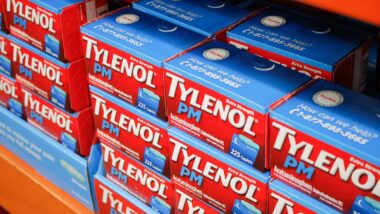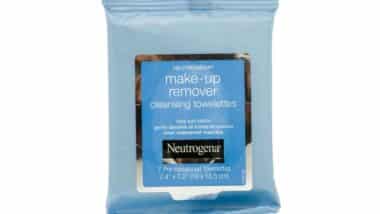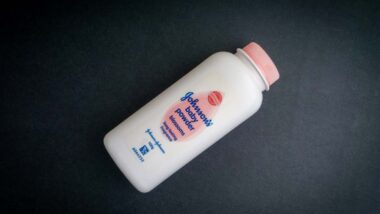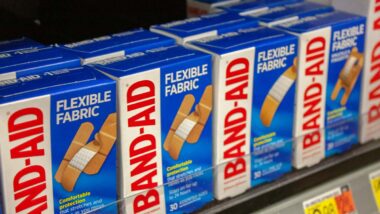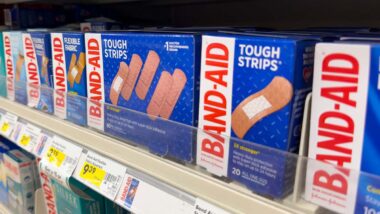 The former lead of the FDA recently took to the witness stand in a Johnson and Johnson vaginal mesh lawsuit filed by the state of California.
The former lead of the FDA recently took to the witness stand in a Johnson and Johnson vaginal mesh lawsuit filed by the state of California.
David Kessler served as the head of the U.S. Food and Drug Administration (FDA) for around seven years, spanning portions of both the Bush Sr. and Clinton administrations. Kessler was recently called to be a witness in the state of California’s lawsuit against Johnson and Johnson and its subsidiary Ethicon. The Golden State claims that the companies lied to Californians regarding the safety of their transvaginal mesh products.
Transvaginal mesh products are used in the treatment of pelvic organ prolapse (POP), a condition involving weak pelvic floor muscles and descending pelvic organs, as well as stress urinary incontinence (SUI), the general term referring to unintentional urination during physical movement that puts pressure on the bladder. These mesh products typically form a “sling” that supports the bladder, uterus, and other pelvic organs.
Injuries blamed on these products have led to million dollar lawsuits.
J&J Mesh Product Testimony
In his testimony, Kessler stated that Ethicon had applied for approval for several transvaginal mesh products. These applications reportedly utilized the FDA’s “fast track” 510(k) approval process which allows for the approval of devices if they are shown to be “substantially equivalent” to an approved product already on the market.
However, according to Kessler’s testimony, the applications for the Johnson and Johnson transvaginal mesh products reportedly made no mention of adverse events reports associated with similar products. In 2015, these events prompted warnings for tension-free vaginal tape devices, but Ethicon reportedly failed to mention the risks in their five applications.
“If you look at that sample adverse event list that I was given by the people, were those adverse events on that list, were they included in their proposed labeling in the 510(k) submission? So were they proposed by the company? And the answer for each one — the Retropubic, Obturator, Secur, Exact and Abbrevo — the answer was no,” Kessler said in his testimony, according to Law360.
Johnson and Johnson reportedly stopped selling the last of their transvaginal mesh products, the Prolift mesh, in 2012 due to safety concerns. However, the state of California argues that the company mislead consumers about the safety of their products when the mesh devices were on the market. And surgeons say correcting mesh complications is difficult.
In April 2019, the FDA announced that all transvaginal mesh products would be withdrawn from the market due to concerns over their safety and efficacy. Woman have reported experiencing numerous complications from transvaginal mesh including painful intercourse, urinary problems, vaginal scarring, perforated organs, mesh erosion, infection, and more.
“In order for these mesh devices to stay on the market, we determined that we needed evidence that they worked better than surgery without the use of mesh to repair POP,” Dr. Jeffrey Shuren, director of the FDA’s Center for Devices and Radiological Health, said at the time of the announcement.
“That evidence was lacking in these premarket applications, and we couldn’t assure women that these devices were safe and effective long term.”
The Johnson and Johnson Vaginal Mesh Lawsuit is Case No. 37-2016-00017229-CU-MC-CTL in the Superior Court of the State of California, County of San Diego.
Do YOU have a legal claim? Fill out the form on this page now for a free, immediate, and confidential case evaluation. The transvaginal mesh attorneys who work with Top Class Actions will contact you if you qualify to let you know if an individual lawsuit or class action lawsuit is best for you. [In general, transvaginal mesh lawsuits are filed individually by each plaintiff and are not class actions.] Hurry — statutes of limitations may apply.
ATTORNEY ADVERTISING
Top Class Actions is a Proud Member of the American Bar Association
LEGAL INFORMATION IS NOT LEGAL ADVICE
Top Class Actions Legal Statement
©2008 – 2026 Top Class Actions® LLC
Various Trademarks held by their respective owners
This website is not intended for viewing or usage by European Union citizens.
Get Help – It’s Free
Join a Free Transvaginal Mesh Class Action Lawsuit Investigation
If you or a loved one were injured by a transvaginal mesh product and underwent revision surgery to remove the mesh or repair the damage, you may have a legal claim. Submit your information now for a free case evaluation.
An attorney will contact you if you qualify to discuss the details of your potential case at no charge to you.
Please Note: If you want to participate in this investigation, it is imperative that you reply to the law firm if they call or email you. Failing to do so may result in you not getting signed up as a client, if you qualify, or getting you dropped as a client.



